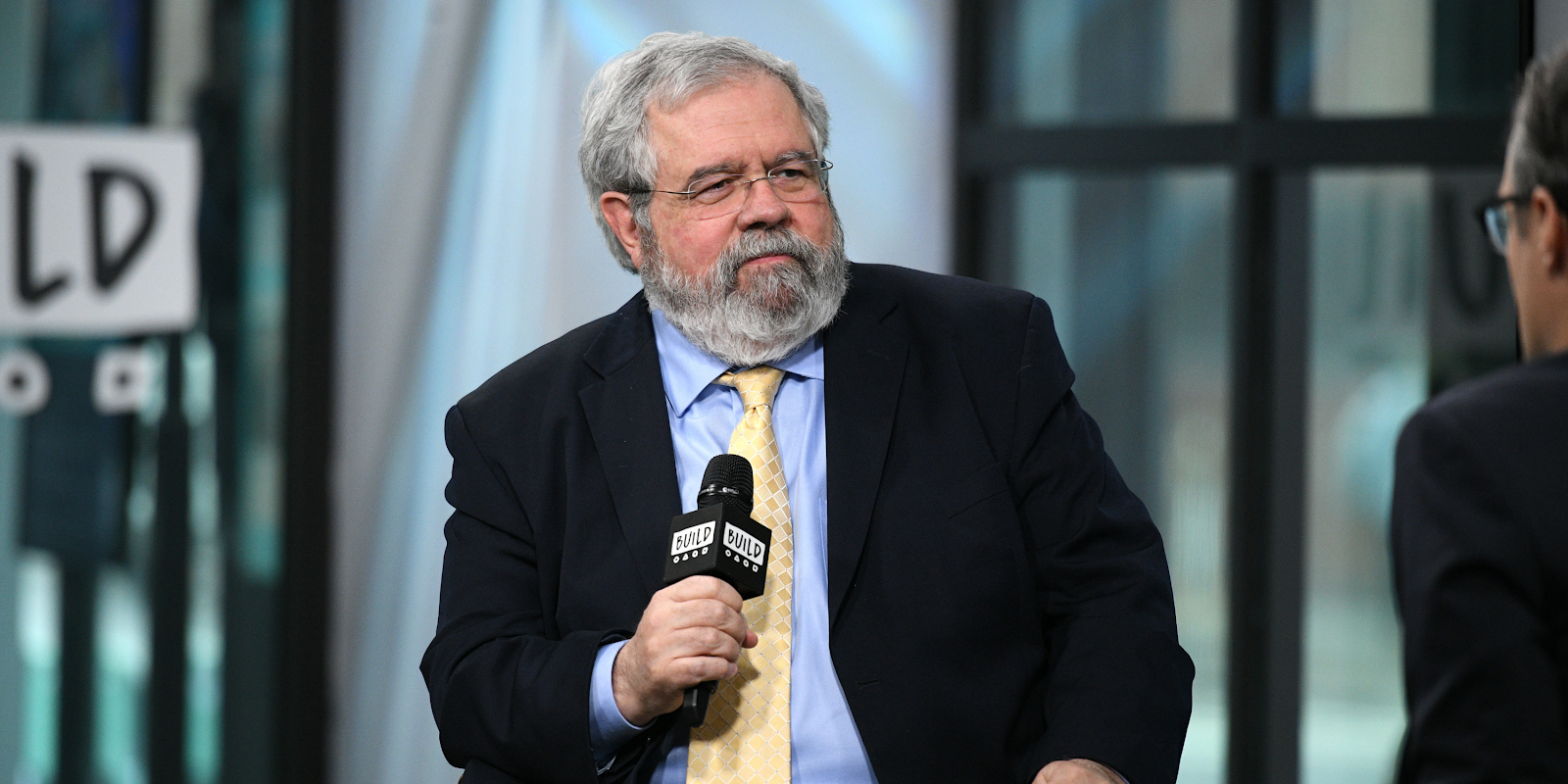David Cay Johnston is one of the best-known investigative reporters in the country and has written for the Detroit Free Press, Los Angeles Times, and the New York Times, where he won a Pulitzer Prize, during his 53-year career. Johnston is the former President of Investigative Reporters and Editors. He authored seven books, notably The Making of Donald Trump and It’s Even Worse Than You Think: What The Trump Administration is Doing to America, and has edited an anthology on inequality in America in collaboration with figures like President Barack Obama and Elizabeth Warren. Mr. Johnston is the co-founder and editor-in-chief of DC Report, an organization that writes on the day-to-day impact the Trump administration. He has taught at both Syracuse Law and Business School, and currently teaches in the law school.
The Politic: How is your work with DC Report responsive to the public’s diminishing interest in the local and federal government?
David Johnston: One of the things that’s changed in this country is people’s attitudes about news, and some of it is what the news is providing to people. When I started out in journalism in 1966, we had a whole society of people who understood the role of government. They were very concerned about local politics and wanted to know how counties and school districts spent their money. A lot of people have tuned out of that. At the same time, news organizations have radically reduced the size of their newsrooms, with the sterling exception of the New York Times. Newsrooms that used to have 600 to 800 to 1,000 people now have 200.
If no one is watching them, local and state governments behave differently. It’s isn’t just true in physics that observing something changes it. The mere presence of journalists doesn’t stop all sorts of corruption, but it certainly inhibits the number of corrupt people. It makes it less likely to happen and more likely to get uncovered. Nowadays, cities with 100,000 don’t have a single reporter covering the city council. Local officials aren’t being held accountable; they don’t have to explain themselves. A lot of the public have stopped caring about these things. They’ll gripe and moan, but they also aren’t being educated about how government works.
There’s a real breakdown in democracy going on. At the same time, people at the top, in many fields, have figured out that the way to get rich or get richer is through the government. One of my favorite lines is: “it’s easier to mine gold from the Federal Treasury or the federal rulebook than to earn it in the competitive marketplace. “
With the cynicism, public disengagement, and the decline in news coverage, do you think the damage being done to democracy is reversible?
I think that we can renew our democracy, but there is a growing number of voices out there who say no. Our country is falling apart. We now judge people by the content of their wallets, or in Donald Trump’s case, what they claim to have in their wallets. What we should be paying attention to is wisdom and virtue, not money. Instead, we should have a society in which everyone is educated and develops critical thinking skills. We’re not thinking about the society of the future, we’re too busy thinking about today.
We don’t teach moral values in our society overall. American students in high schools and colleges all over the country hardly have any moral education, and that’s a big failing. Except for those at the best schools, people don’t have critical thinking skills. I’ve had better conversations about diplomacy, history, culture, and geopolitics with a cop in rural Slovakia and a waiter at a roadside café in Austria than with American executives in first class on a coast-to-coast flight. This is a country where, in Texas, we were about to adopt a textbook that described slaves in the Middle Passage as “immigrant workers.” This was stopped only because the New York Times wrote a story about it. We’re doing a terrible job of inculcating the values that matter, and the funny thing is, we have a country that has a purpose. They wrote it down for us in the preamble of the Constitution. What does our constitution begin with? “We the People.”
Politicians are only thinking about the next election. When was the last time you heard a politician talk about the futures of their grandchildren and generations unborn? We’re not talking about how we’re going to make our country endure, but the Chinese are. We are falling behind the rest of the world. Our roads are falling apart; our bridges are falling apart. There’s a whole movement to get rid of college education or significantly scale it back. People should study philosophy and French literature because we want a society of people who are not automatons. My fundamental take on the Constitution is we created this country to ennoble the human spirit and see what we could achieve. And we are throwing it away. We’re focused on short term goals and we are not thinking about ennobling the human spirit anymore.
What do you think these structural deficiencies in education are doing to American society?
We are not structurally thinking about how we will maintain our society: 85 percent of our kids who go to American high schools get a lousy education. All the time, we produce kids in our high schools who are functionally illiterate. We have schools that are overwhelmingly white where this is true—it’s not limited to the inner cities. This is a function of the different cultures people live in within their communities. As a society, we are not fulfilling the ideals of the Enlightenment that got us to where we are, which are reason, rational debate, tolerance, and freedom.

